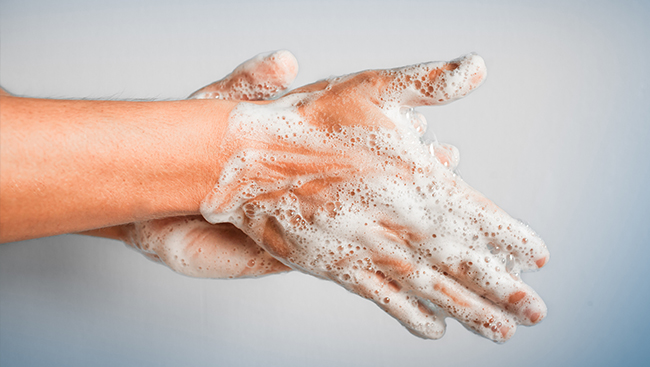One of the reasons hygiene is an especially hot button topic these days is because of the recent coronavirus epidemic.
The word hygiene originates from the late 16th century, from the Latin word hygieina, which roughly translates to the art of health. Therefore, hygiene refers to a set of practices that help maintain health and prevent diseases, especially through cleanliness. Yet surprisingly, these practices are not implemented as frequently as one might think. This may in part be due to the misconception that poor hygiene does not actually lead to any severe consequences. Unfortunately, while a lack of proper hygiene can certainly cause minor diseases such as the common cold, it is also capable of leading to serious medical conditions like gastroenteritis, food poisoning and influenza. In that sense, hygiene is less of a nagging hassle and more of a matter of life and death.

If discussed more globally, if accounting for people suffering from hygiene issues out of their control, such as poor sanitation and unsafe water, poor hygiene accounts for about 10 per cent of the global burden of diseases. And if the importance of personal hygiene for health reasons isn’t convincing enough, it is also pretty crucial for social reasons. A lack of can warrant an appearance of unprofessionalism and disdain, as well as put others around you in danger, especially in settings such as hospitals.
So, what does good hygiene entail? One of the most common practices associated with good hygiene is proper hand washing. A lack of proper hand washing can cause common respiratory illness, such as the cold, chickenpox, influenza and meningitis. Of course, there are a fair share of doubters about how effective hand washing is in keeping these diseases at bay, but since hand washing has been described by many health workers as the single most important tool in preventing infection, it may be better to be washing rather than not.

Shockingly, a number that is often thrown around is that nearly 95 per cent of people do not wash their hands properly. A mistake that is commonly made is not washing hands long enough. It’s recommended to spend at least 20 seconds, followed by completely drying your hands. Another mistake is skipping soap, and just quickly rinsing with water. Unfortunately, there are oils on skin and the fatty material in some bacteria, meaning that bacteria can cling to skin even under running water, which is why soap is crucial. Finally, sometimes people tend to skip washing altogether in situations where they shouldn’t, such as when having handled garbage, before eating or after a meal. And of course, hand washing is ineffective if you just end up touching germ-filled areas immediately afterwards, such as faucet handles, bathroom counters and door handles. Perhaps one of the reasons hygiene is an especially hot button topic these days is because of the recent coronavirus epidemic.
Currently, the risk for Canada has been assessed as low, with eight confirmed cases as of February 16, 2020; three in Ontario and five in British Columbia, but the outbreak has still raised important questions on how someone can protect themselves. It should be no surprise at this point that maintaining one’s hygiene has been one of the recommended defenses. The importance of hygiene cannot be understated. It is one of the most powerful yet easiest forms of protection against countless diseases, many which can be severe and life-threatening. However, it’s also important to keep in mind, that while some practices are beneficial, others are myths. For instance, antibacterial soap, which does less to get rid of bacteria and more to raise the types of drug-resistant bacteria. There are many other misconceptions out there as well, and thus, it is vital to not only follow hygienic practices but also be educated in the practices we follow.

